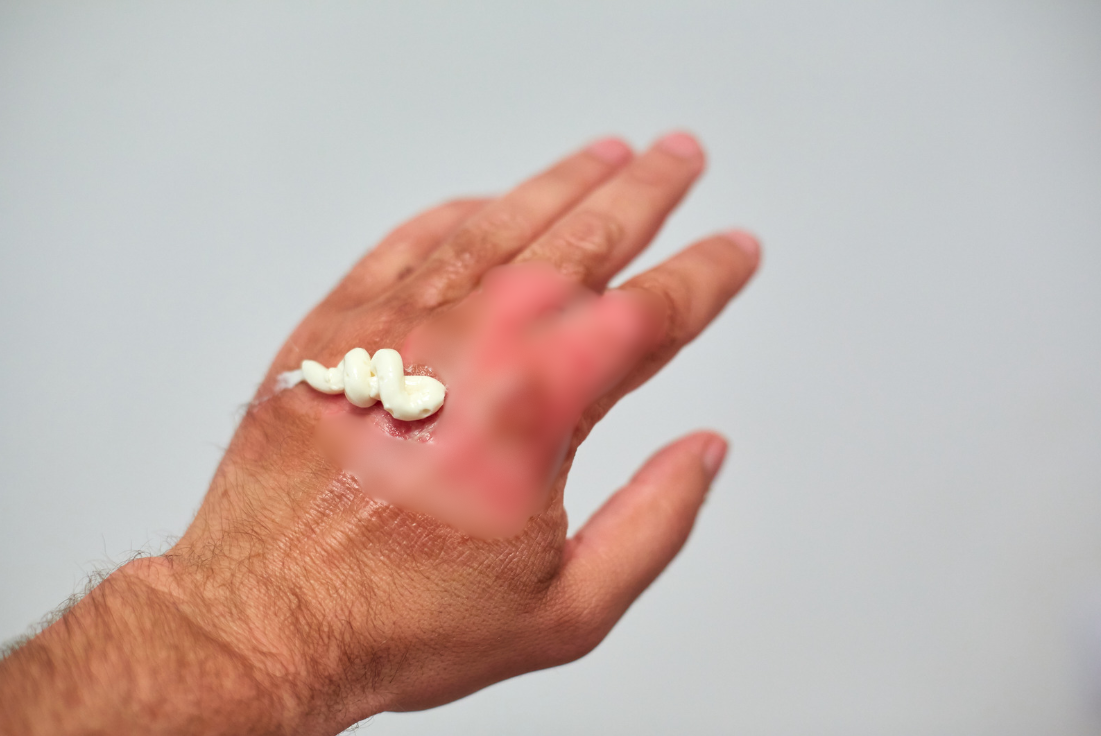Don't apply toothpaste to burns - Expert
The correct assistance should be to rinse the burn area with cold running water for 15 to 30 minutes and not to break the blister.

KUALA LUMPUR - In emergencies, whether from natural disasters or everyday accidents, possessing the right first aid knowledge and skills can be life-saving.
However, there are times when the wrong aid where handed due to misconceptions about first aid including applying toothpaste, soy sauce or vinegar to a burn area, which is a definite no-no, according to Assistant Medical Director cum Consultant in Emergency Medicine at Sunway Medical Centre, Sunway City, Dr Lee Tuan Cheong.
He said the correct assistance should be to rinse the burn area with cold running water for 15 to 30 minutes and not to break the blister.
"It is strongly advised to acquire basic first aid knowledge through reputable channels, such as accredited courses or training programs,” he said in a statement.
Other than that Dr Lee said rubbing the injured part of falls and trauma victim was another misconception when the correct assistance should be to check for deformity or fracture and apply cold or ice compression to reduce pain and swelling.
While for unconscious persons, he said the common misconception was to feed them water or oral medicine, when the person assisting should actually clear the victim’s mouth to ensure a clear airway, keep their chin slightly elevated to keep the airway open and loosen any tight clothing around the neck and waist.
"Assess the response by starting cardiopulmonary resuscitation (CPR) immediately if the person is not breathing or has no pulse and seek medical help immediately. Shout for Emergency Medical Services (EMS) & automated external defibrillator (AED), if available.
"For adults, perform 30 chest compressions with two rescue breaths, repeat it for five cycles, reassess the victim’s condition (pulse and breathing) every two minutes and continue CPR until the patient has a pulse or until the arrival of medical personnel,” he explained.
For bleeding victims, he said it is important to stay calm and ensure clean hygiene before touching the wound, use saline or clean water before applying direct pressure or bandage to the wound and elevate the wound above the heart level which might help to stop bleeding.
Dr Lee said that every individual should be equipped with basic first aid knowledge so that help can be given in the right way during a critical moment.
"It is essential to have basic knowledge about first aid, as initial support given is crucial and can significantly increase survival rates. First aid may ease the victim’s pain or suffering while awaiting further treatment,” he said. - BERNAMA









